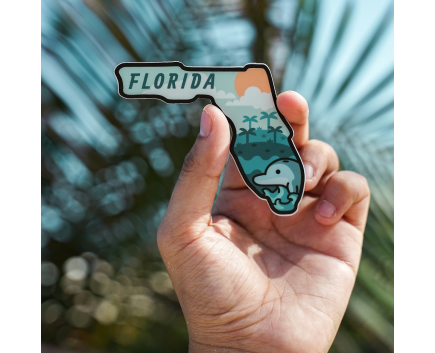
Is Kratom Legal in Florida?
Kratom, a tropical tree native to Southeast Asia, has had a complex and evolving history in Florida.
Initially, kratom was relatively obscure in the state, primarily used by certain immigrant communities and individuals seeking alternatives to traditional medicine. However, in recent years, kratom has gained attention as a potentially controversial substance due to its opioid-like properties and perceived risks.
In 2016, the Florida legislature considered bills to ban kratom, citing concerns about its safety and potential for abuse. However, these efforts were met with significant opposition from kratom advocates, who argued for its potential therapeutic benefits and cultural significance. Ultimately, the proposed bans did not pass, and kratom remained legal in Florida.
Since then, the regulation of kratom in Florida has remained somewhat ambiguous. While kratom is not explicitly banned, there have been sporadic attempts to regulate its sale and distribution. For example, some local municipalities have enacted ordinances to restrict the sale of kratom products, while others have allowed it to be sold without significant restrictions.
A misinterpretation about Kratom being a designer drug was the base for Sarasota County’s ban on the natural product. The bill referred to Kratom’s alleged hallucinogenic effects and the fact that it was banned in Malaysia, Myanmar, and Thailand at the time to justify the ban.
Two bills, attempts to regulate kratom called Kratom Consumer Protection Acts, failed in 2022: . SB1076 “Florida Kratom Consumer Protection Act” intoduced 11/30/21 and HB1071 “An act relating to kratom products”.
In 2023, H0179 was signed into law by Governor Ron Desantis. This made it "unlawful to sell, deliver, barter, furnish, or give, directly or indirectly, any kratom product to a person who is under 21 years of age."
In 2024, new identical Kratom Consumer Protection Acts were introduced into the Florida house and senate. This would make it illegal to sell kratom with high levels of residual solvents and other toxins, synthetic alkaloids, and high levels of the alkaloid 7-hydroxymitragynine.
The University of Florida is conducting the highest level of kratom research in the United States. Having received several million dollars in grants in recent years from the National Institute on Drug Abuse (NIDA), a ban on kratom in Florida would severely limit groundbreaking kratom research going on at the university.














Comments
Leave your comment